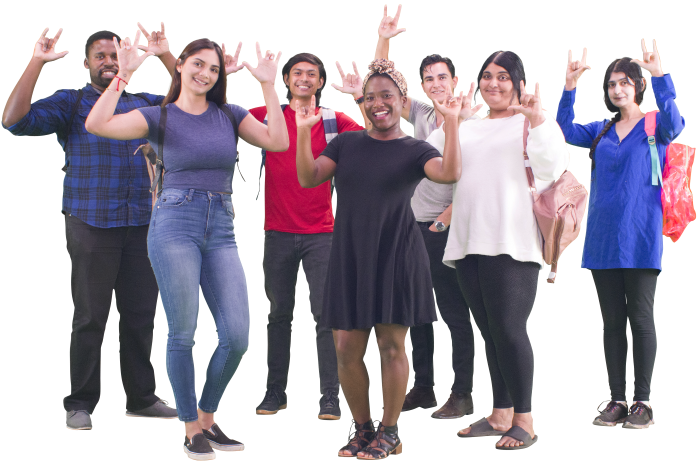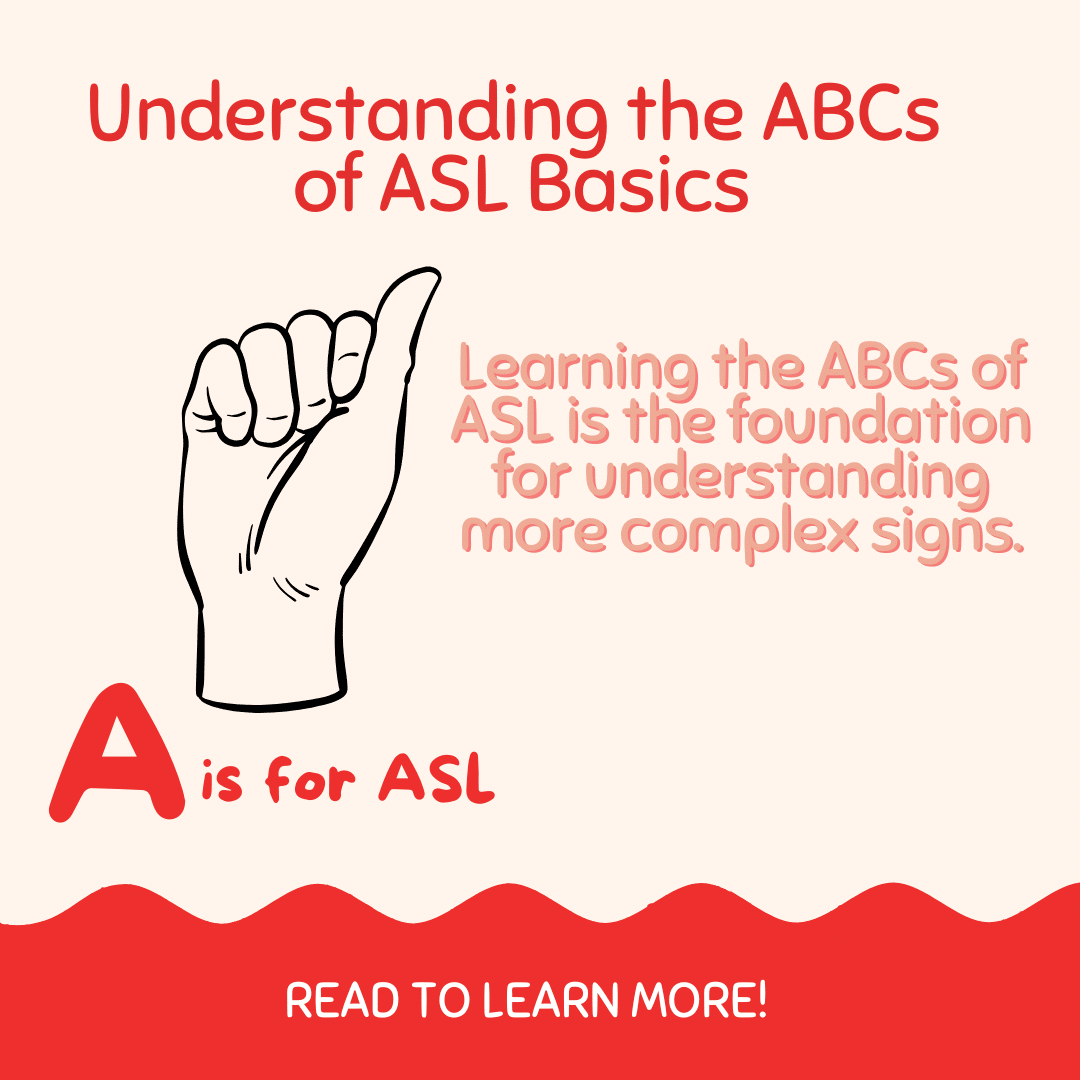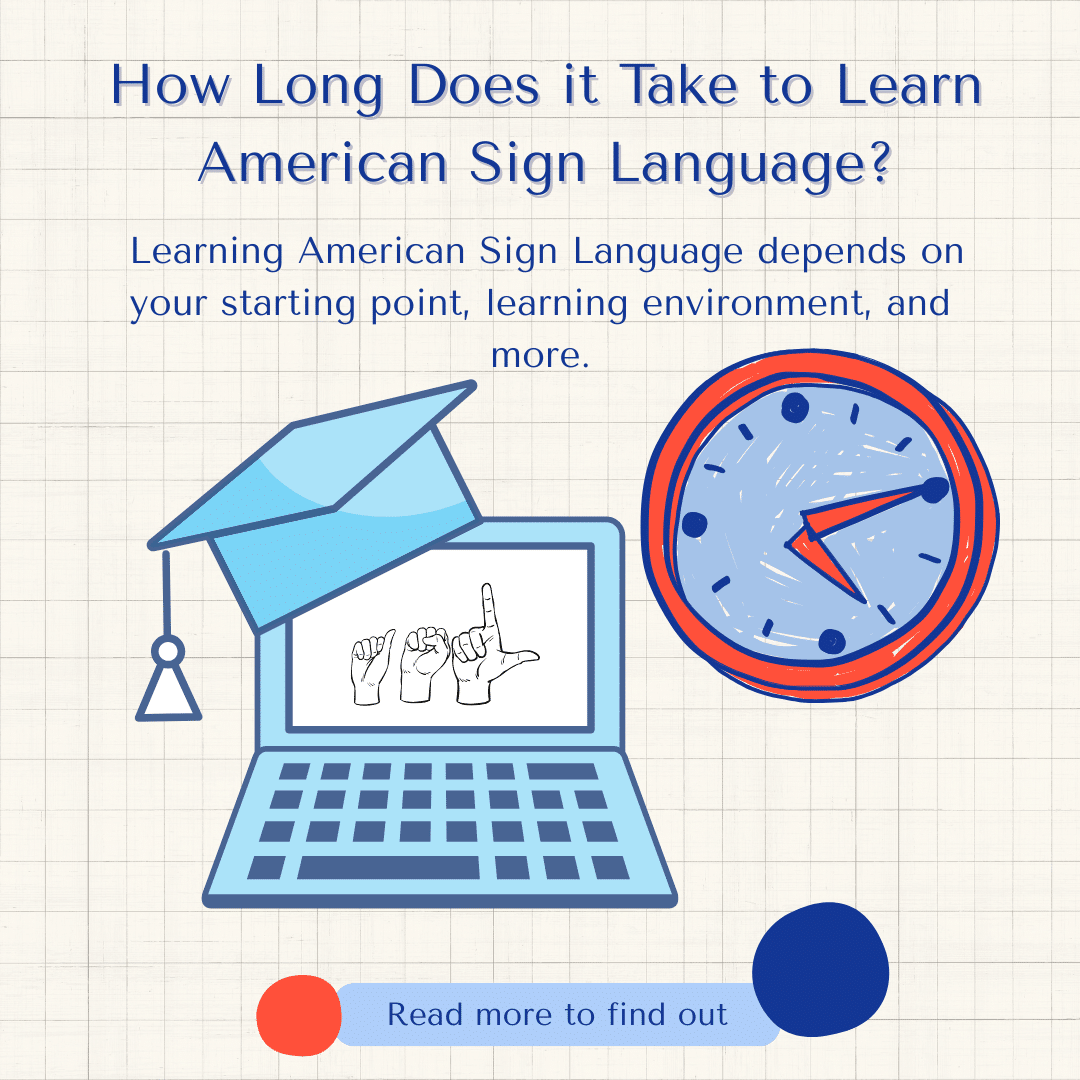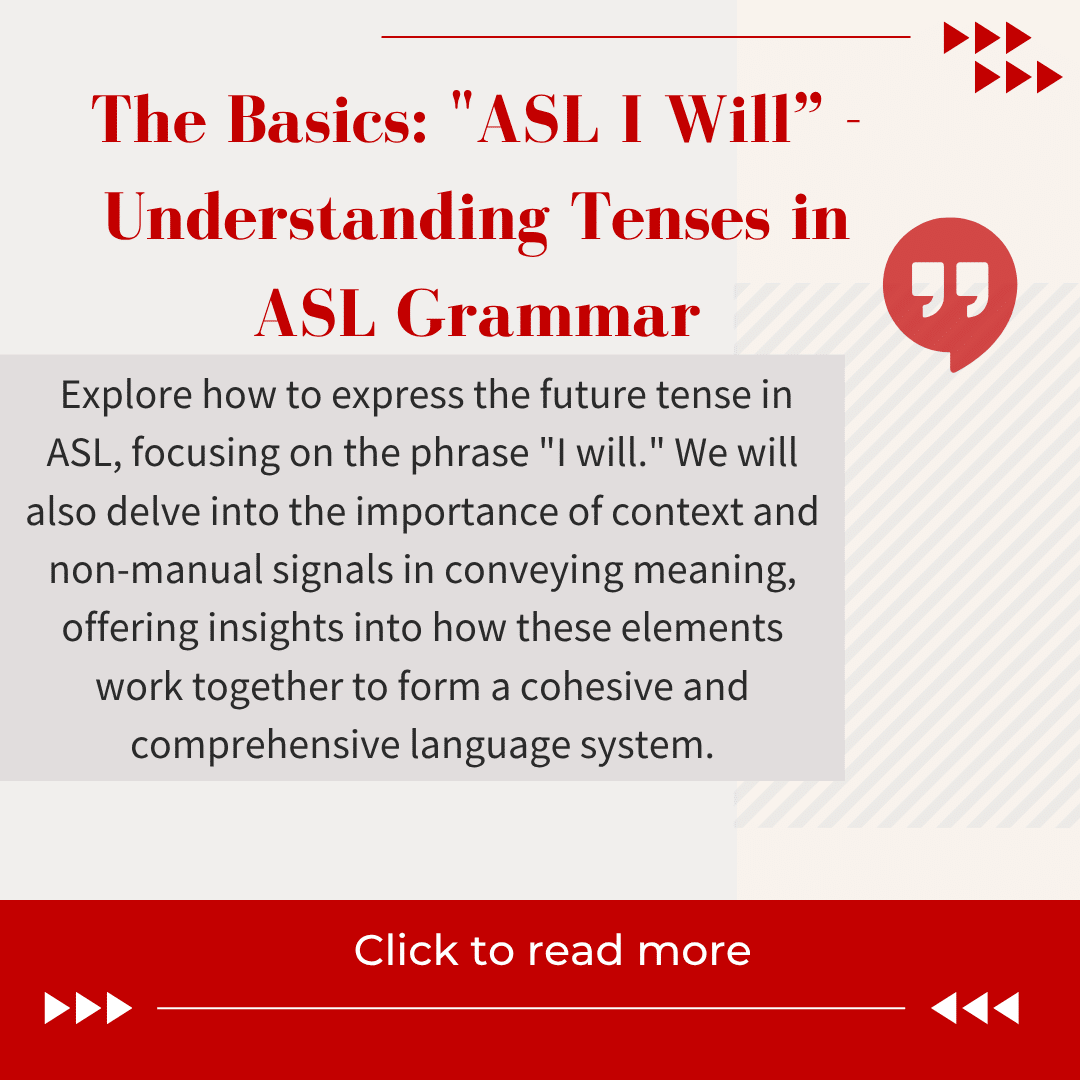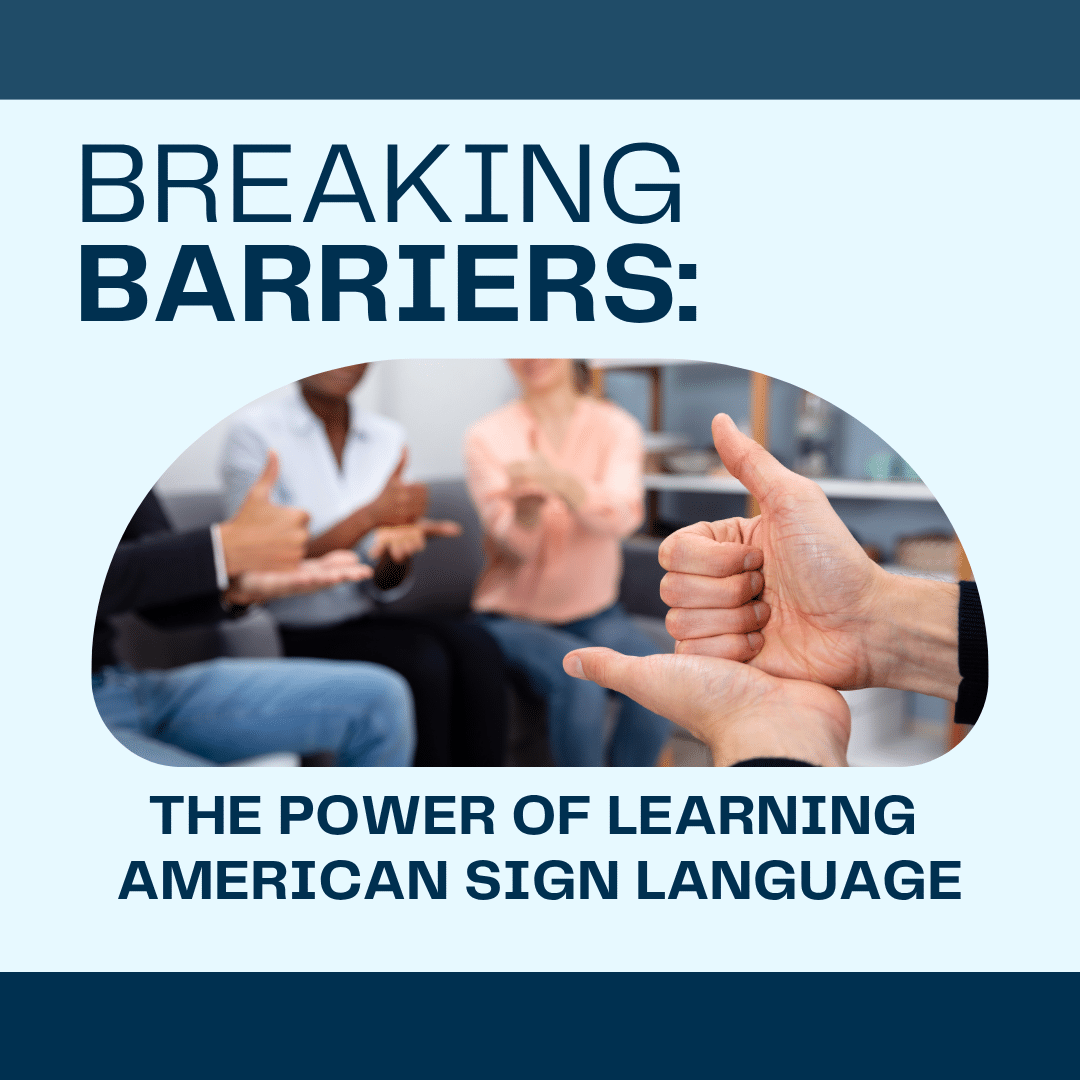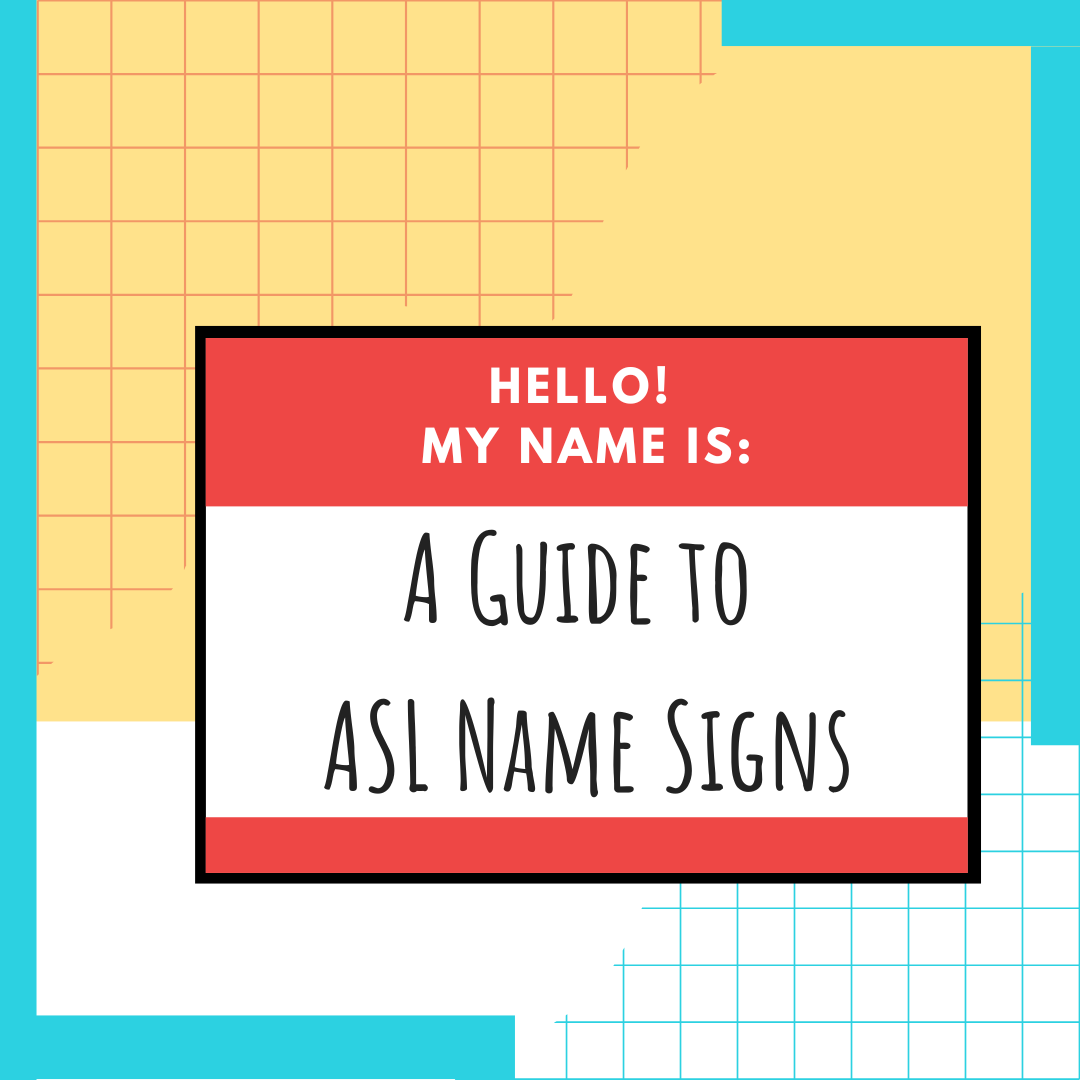
Language Deprivation in Deaf Children
- by Katelyn Cheng

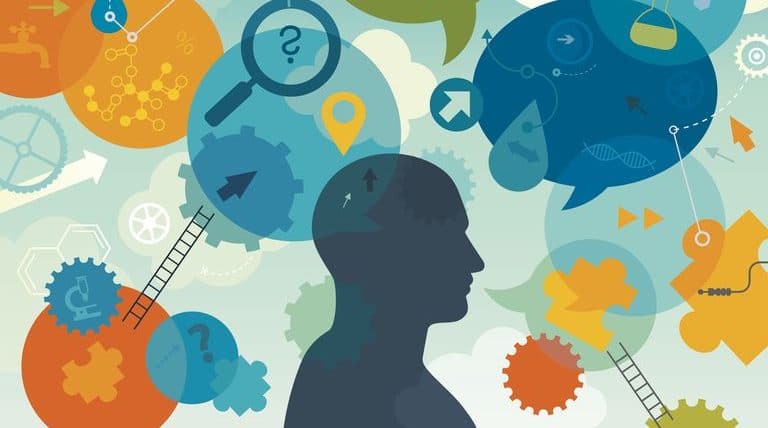
A person shared that she heard so many stories of parents being told that their baby or child has failed their hearing tests and how sorry the doctor is to inform them. Imagine being told a newborn baby has hearing loss, or that they aren’t “perfect”. It is devastating for some parents to receive news like this. Many parents are often left lost and without a real direction on how to choose a lifestyle for their children. Do you get cochlear implants right away? Do you use hearing aids? Do you use spoken language or American Sign Language? All these questions can greatly impact a child’s life and the right decision for the child. People cannot stress enough that the most crucial time period of a child’s life to learn languages and to develop skills is right when he or she is born to 5 years old because during this time the brain is still developing and growing. People say it is a lot harder to learn a new language when the person is much older because the brain is already developed and filled with a lot of information.
Language deprivation is very common in deaf children. According to Wikipedia, “Language deprivation in children with hearing loss occurs when children do not receive accessible language exposure during the critical period of language development. Language development may be severely delayed from the lack of language exposure during this period.” The delay in language is usually caused by several reasons. One of the reasons is deaf children are implanted with cochlear implants (CI) later in life; therefore it delays input of language, the hearing and talking. The brain develops and retains information when they are babies. For hearing babies, the parents will begin talking with their child right after they are born. Even though babies are so young, the brain starts receiving this information, then when the child becomes old enough, he or she will start speaking. This is not the case with deaf babies. There is no input of sounds or talking whatsoever unless the child is implanted as soon as they are born. Back then, deaf babies could not get implanted until they were about 2 years old, but nowadays, babies can get bilaterally implanted as soon as 6 months. Wearing cochlear implants versus normal hearing is completely different. Cochlear implants and hearing aids do not “cure” hearing loss. They do not bring back 100% hearing and deaf children are not “hearing” again. Since cochlear implant/hearing aid users cannot hear 100% everything, it is hard to eavesdrop conversations and it is easy to miss information during conversations or lectures. This can cause a language delay in terms of missing out idioms/phrases, vocabulary words, slangs, jokes, or reading between the lines. There are accommodations that are provided for D/HH people such as Innocaption that captions phone calls, Z5/Purple Communications to converse through an ASL interpreter, CART to use in the classrooms or court hearings, etc. These accommodations provide missing information of what is being said. Most deaf people lack auditory memory; therefore listening and reading text enhances the comprehension and retention memory. Language delay can also occur in low reading comprehension or difficulty in writing. Another reason that can cause language delay are other disabilities such as learning disabilities, not just deafness. According to LDA (Learning Disabilities Association of America), “learning disability is a disorder in one or more basic psychological processes that may manifest itself as an imperfect ability in certain areas of learning, such as reading, written expression, or mathematics.” The other reason that can cause language delay is when parents do not know what to do and where to start with communicating with their deaf child. Communicating in American Sign Language or other forms of hand communication is better than no communication at all. There are many options out there, but ASL is preferred over the other methods. There is cue speech, according to Alexander Graham Bell Montessori School, “visual mode of communication in which mouth movements of spoken language combine with “cues” to make the sounds (phonemes) of traditional spoken languages look different.” There is Pidgin Sign Language (PSE), ASL signs with English structure and grammar, and Signed Exact English (SEE), where the sentences are signed word-for-word and each sign uses the first letter of the word. There is also total communication, which is not a language. It is when people sign and talk at the same time. When learning American Sign Language, you will find ASL has different grammar than spoken English. Click here to read more about the different methods of communication. Another reason that can result in having a language delay is if the child is the only deaf person in his or her hearing family and what causes more challenges in the communication is if the family is a multi-language -speaking family. For instance, the family does not only speak English but also converses in Mandarin, Spanish, or Russian. It can be difficult to fully pick up the English language when the family members speak half English, half another language, or barely any English at all. On the other hand, deaf people can have a hard time feeling included when they do not understand the foreign language.
There are programs that provide guidance for the parents on how to communicate and raise a deaf child, and at the same time their deaf child is immersed in a learning and social environment. CEID known as Center for Early Intervention on Deafness in Berkeley is an example of a pre-school specifically for deaf, hard-of-hearing, and hearing children from ages 18 months to 5 years old. CEID also provides occupational therapy and speech therapy. At a school like CEID, children can start developing their communication, language development, and social skills at an early age during the crucial brain development time. There are other pre-schools similar to CEID out there like CCHAT in Sacramento. Click here to read more about deaf programs and schools.
Babies cannot make decisions and since this time of the person’s life is most crucial when the brain is developing, parents have to quickly decide what is best for their kid. When the parents are unsure and the child attends a pre-school that provides full access communication, parents can also learn sign language and other ways to communicate. Babies learn sign language much quicker than spoken language. Parents should allow their D/HH child to experience both the Deaf and hearing communities as well as learn ASL and spoken English.
Here are some experiences a few people voluntarily shared about their lives growing up as being deaf. (Note: These people would like to remain anonymous.)
Experience of Person A:
I became profoundly deaf when I was 5-months old from meningitis, and got implanted on my right side when I was 2 years old. Before I became implanted with a cochlear implant, my parents started to learn cue speech in case the surgery failed. However, when the surgery was successful, I immediately started to hear and later learned my first word, “up,” since then, my speaking and speech began to develop. I had a language delay of 2 years because there was no input of sound or language. On top of that, I grew up in a multi-language speaking family where my family spoke half English and half Chinese. Since learning English and following conversations was hard enough already, I faced greater challenges of feeling involved in conversations when I couldn’t understand half of what was said. I went to CCHAT for two years until I became 6, then was enrolled in mainstream school. I had CART and an FM system, which greatly helped me exceed in my academics. Sometime later in my life, I learned ASL because I wanted to learn more about my own language, community, and culture. I have always accepted that I am deaf, but being involved in the Deaf community made me embrace my identity even more. I experience somewhat of a language delay when interacting with hearing people, but I continually find ways on how I can improve my comprehension and vocabulary.
Experience of Person B:
I am Deaf because my cochlea did not develop properly. My mom suspected I was Deaf at birth since I didn’t respond when she opened the incubator I was in at the hospital. My mom taught me how to lipread and got me hearing aids when I was 6 months old. My whole family is hearing, and I was the only one Deaf. My twin sister and cousins and mom all learned sign language to communicate with me. I grew up with total communication and did not learn ASL until the age of 12. I did not experience language deprivation but I sometimes felt left out at family outings or events since not everyone knew how to sign. I know that transitioning from total communication to ASL was really hard since both types of languages have their own rules and grammar, etc. I picked up ASL pretty quickly through observation with other Deaf kids. I learned Spanish at Gallaudet for 2 years and we learned this language through writing only, not by speaking. I now know ASL, some British Sign Language, had exposure to Korean Sign Language and International Sign Language. I lived in Europe where they used International Sign Language and I lived in Korea where I met other Deaf Koreans who taught me some Korean Sign Language. I also have cochlear implants which help me hear spoken English as well.
Experience of Person C:
I was born hearing and I became deaf at 2 years old. My mom was told that I would grow up “dumb” which made my mom devastated, and she tried to find ways to communicate with me and to give me proper education. She founded a school that uses both spoken and sign languages and that have deaf kids. Since we are a Jewish family, we had the birth right to move to Israel. In preschool I started to sign a little. One day, in first grade, we had a meeting with the parents and teachers, and one of my favorite teachers asked me a question. At that moment, I started talking and everyone was shocked. They were so happy I finally spoke. I started to speak more and more and at the same time I signed more and more. When I became teenager, I started to learn Russian and some other minor languages from when I met foreigners in Israel. A few years later, my mom and I moved to America to unite with the rest of our family that moved to the US from Ukraine. I started to learn English and ASL in senior year of high school. After high school graduation, I traveled more and learned International Sign. Here I am with 6 and half languages and will continue to learn more languages as I explore the world.
Start Learning ASL Today!
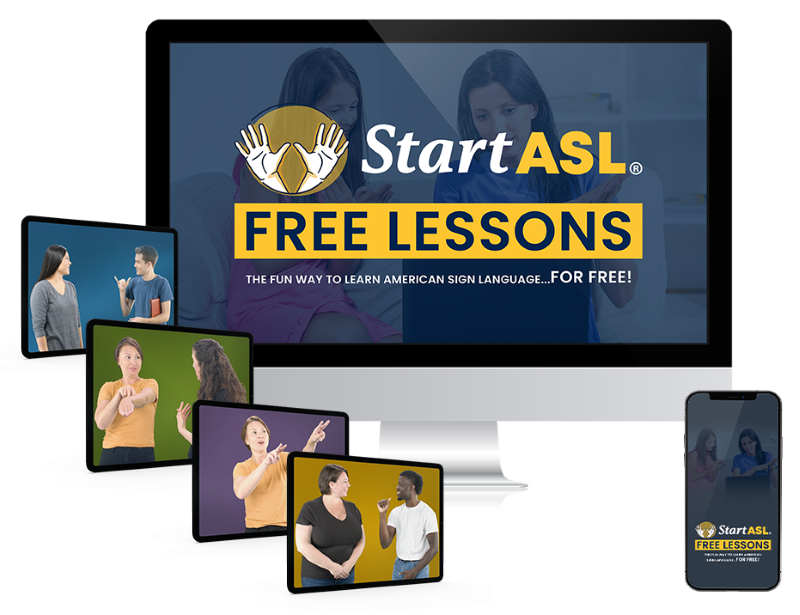 Ready to start learning real American Sign Language and not just basic signs? Do you want to be a part of the vibrant Deaf community? Check out our Free ASL 1 Course or our Complete 4-Level ASL Course options and start learning ASL today!
Ready to start learning real American Sign Language and not just basic signs? Do you want to be a part of the vibrant Deaf community? Check out our Free ASL 1 Course or our Complete 4-Level ASL Course options and start learning ASL today!
